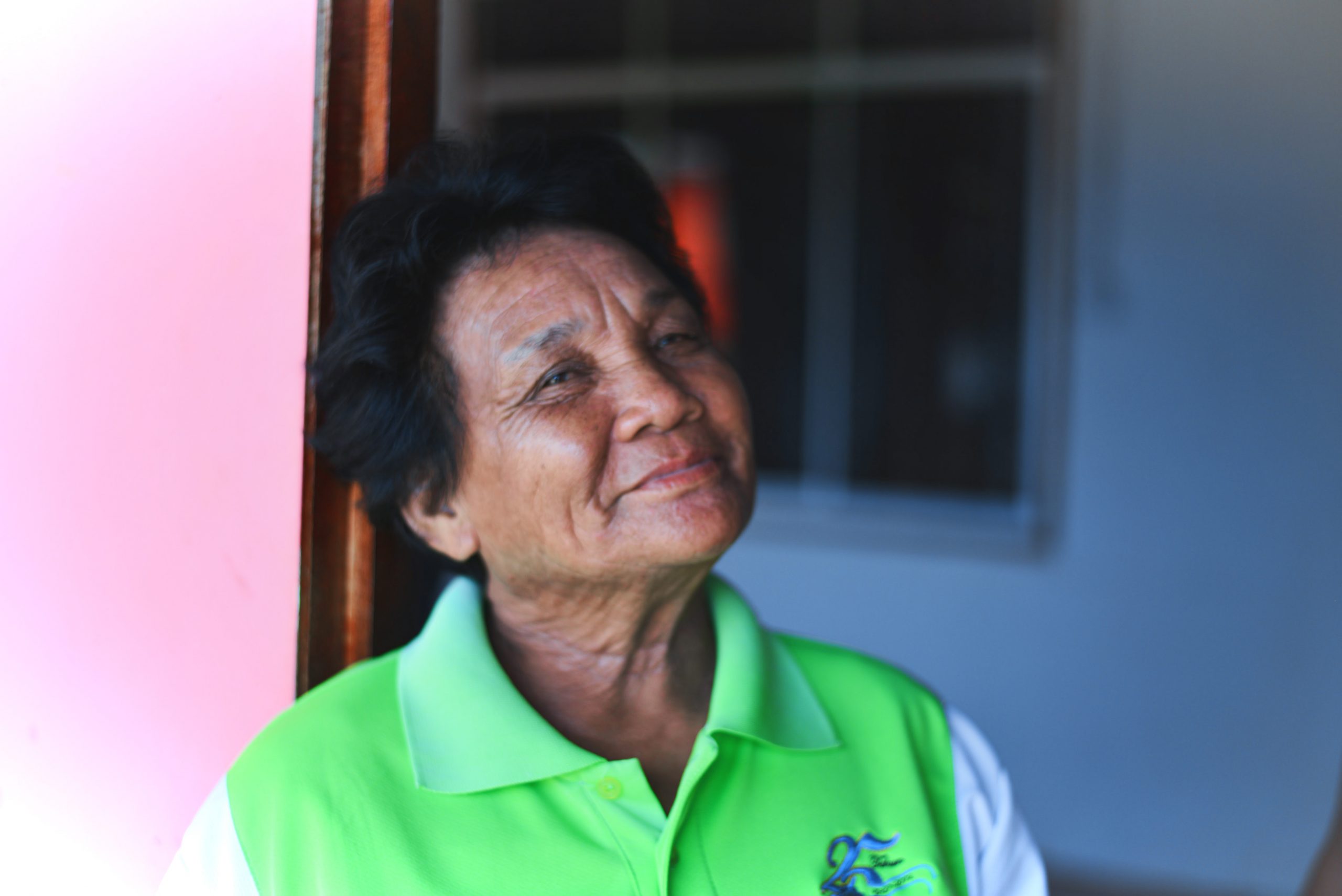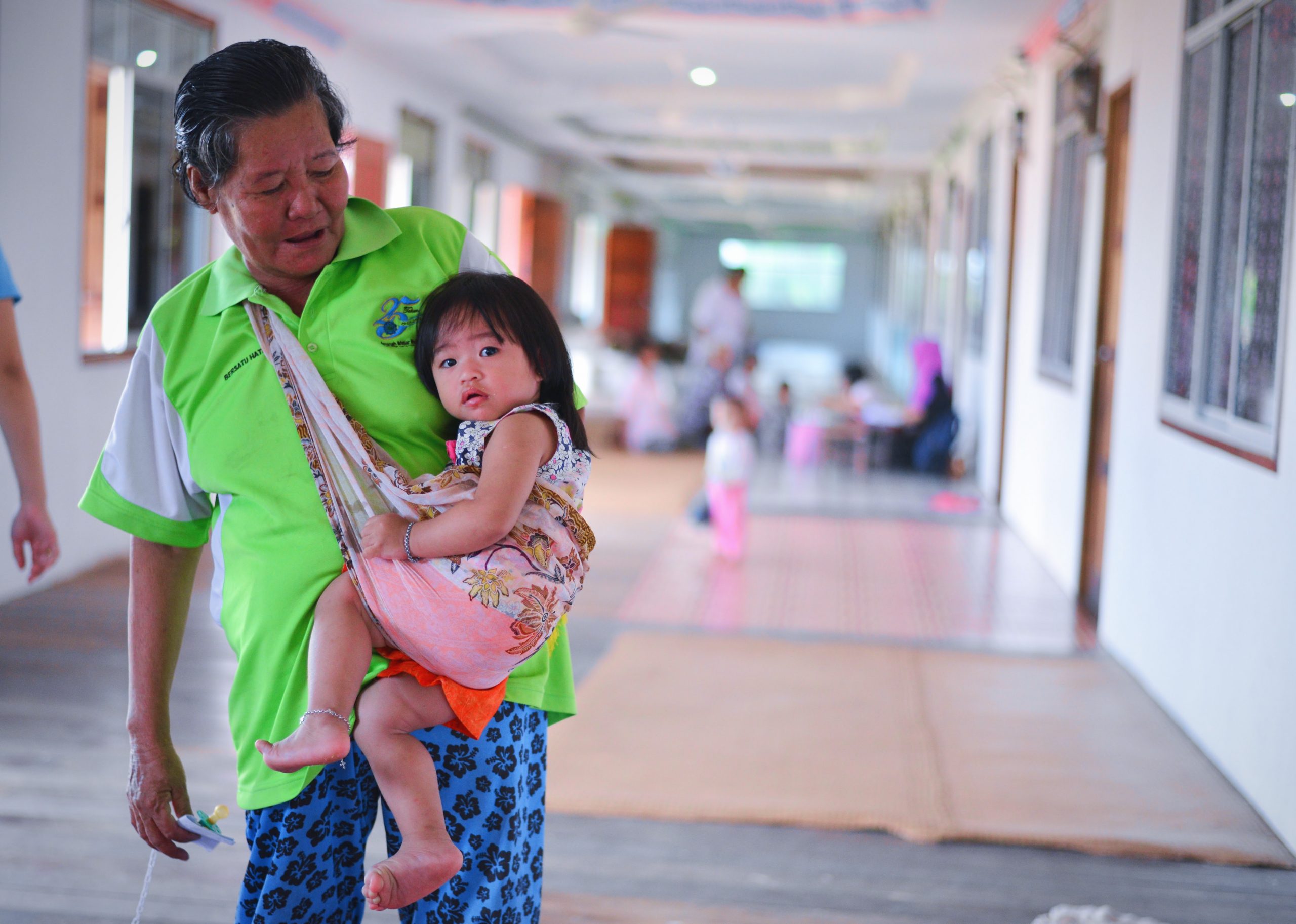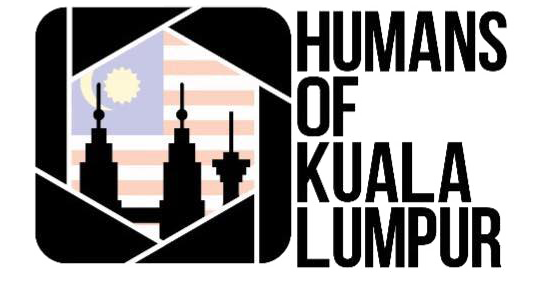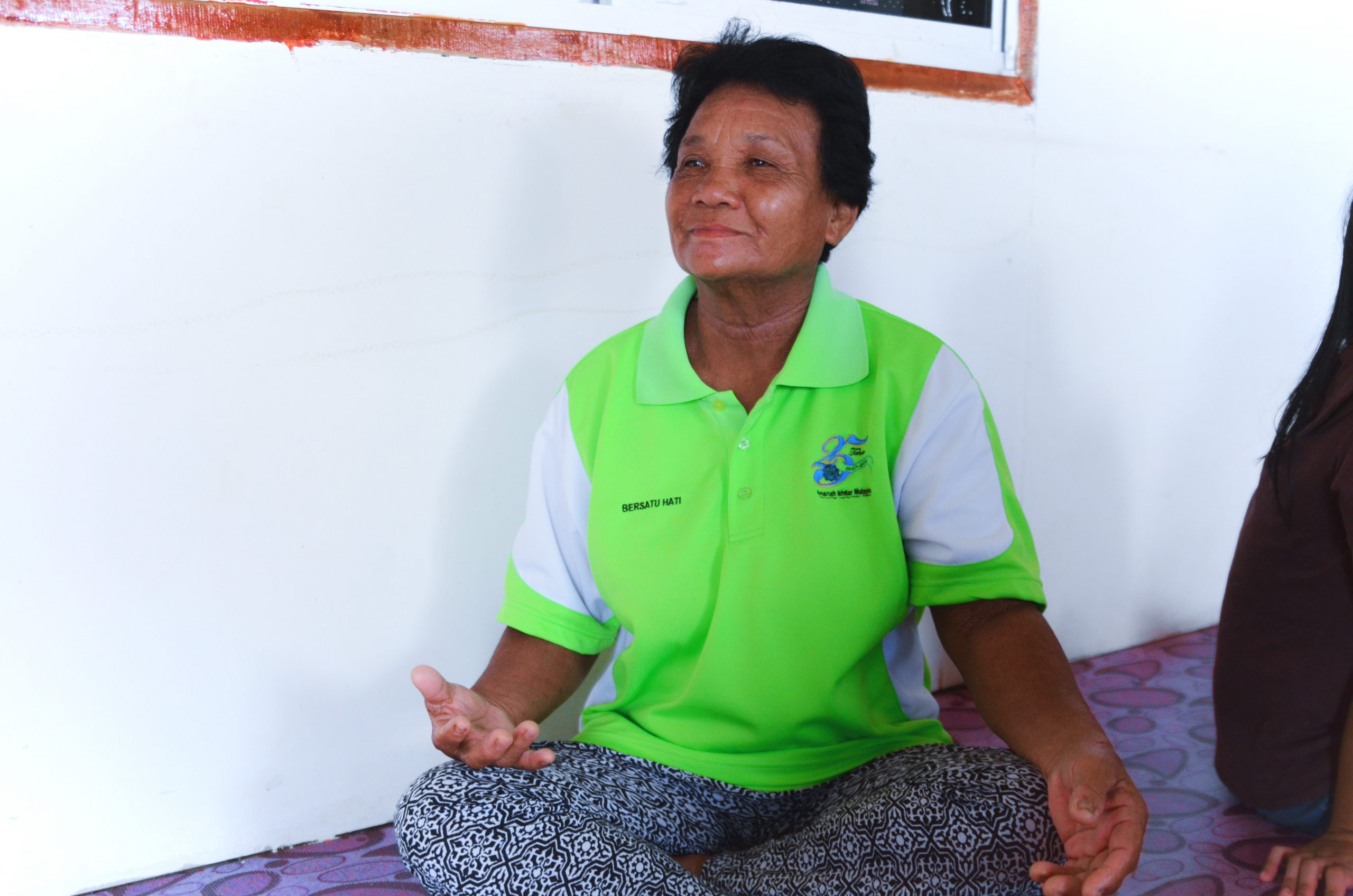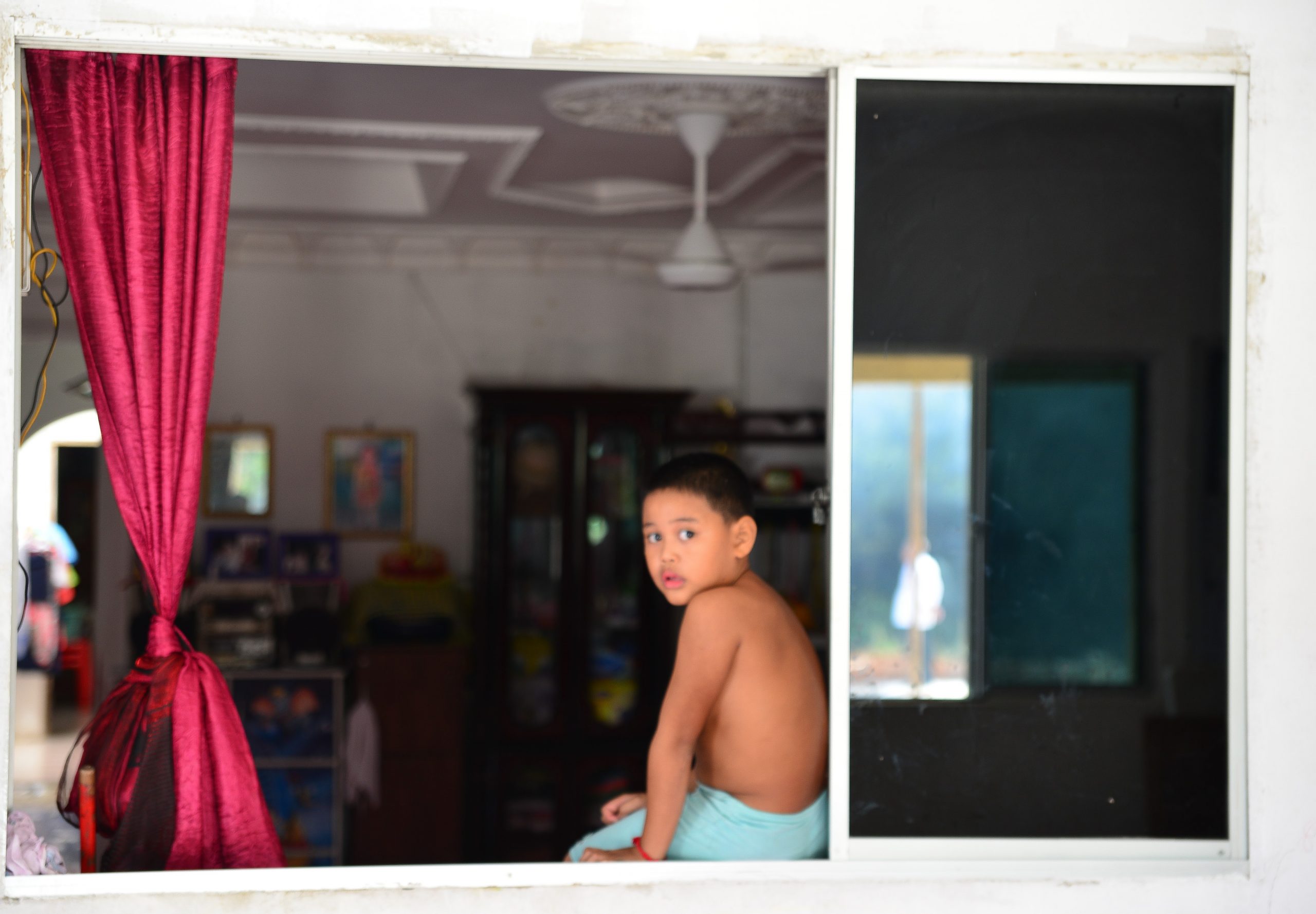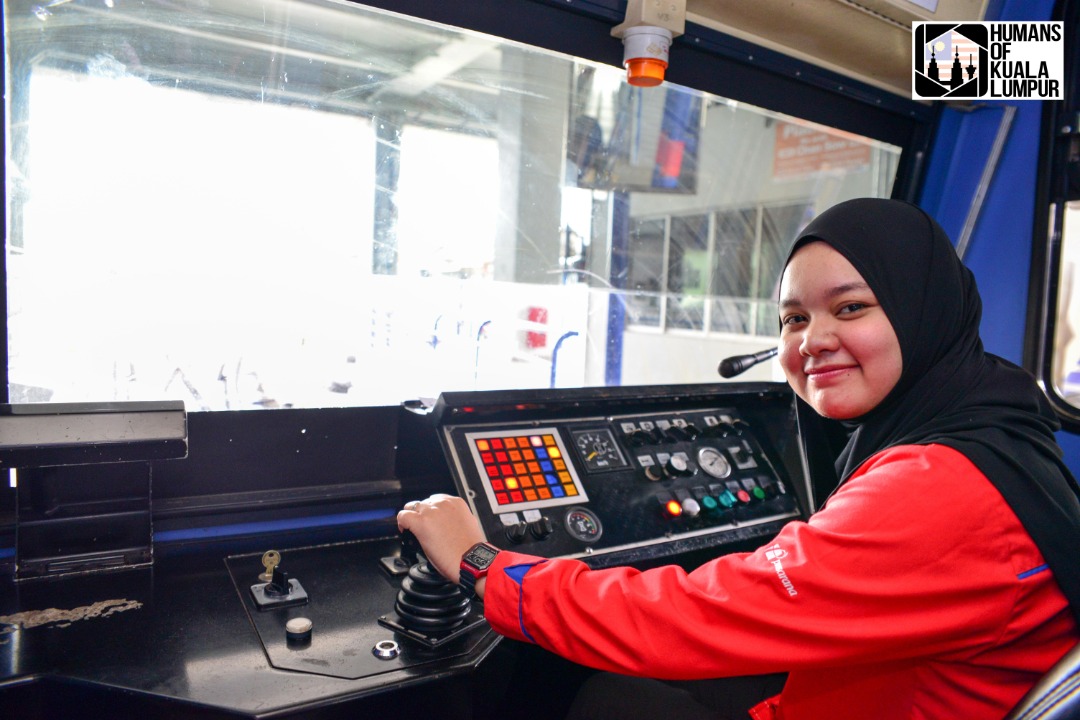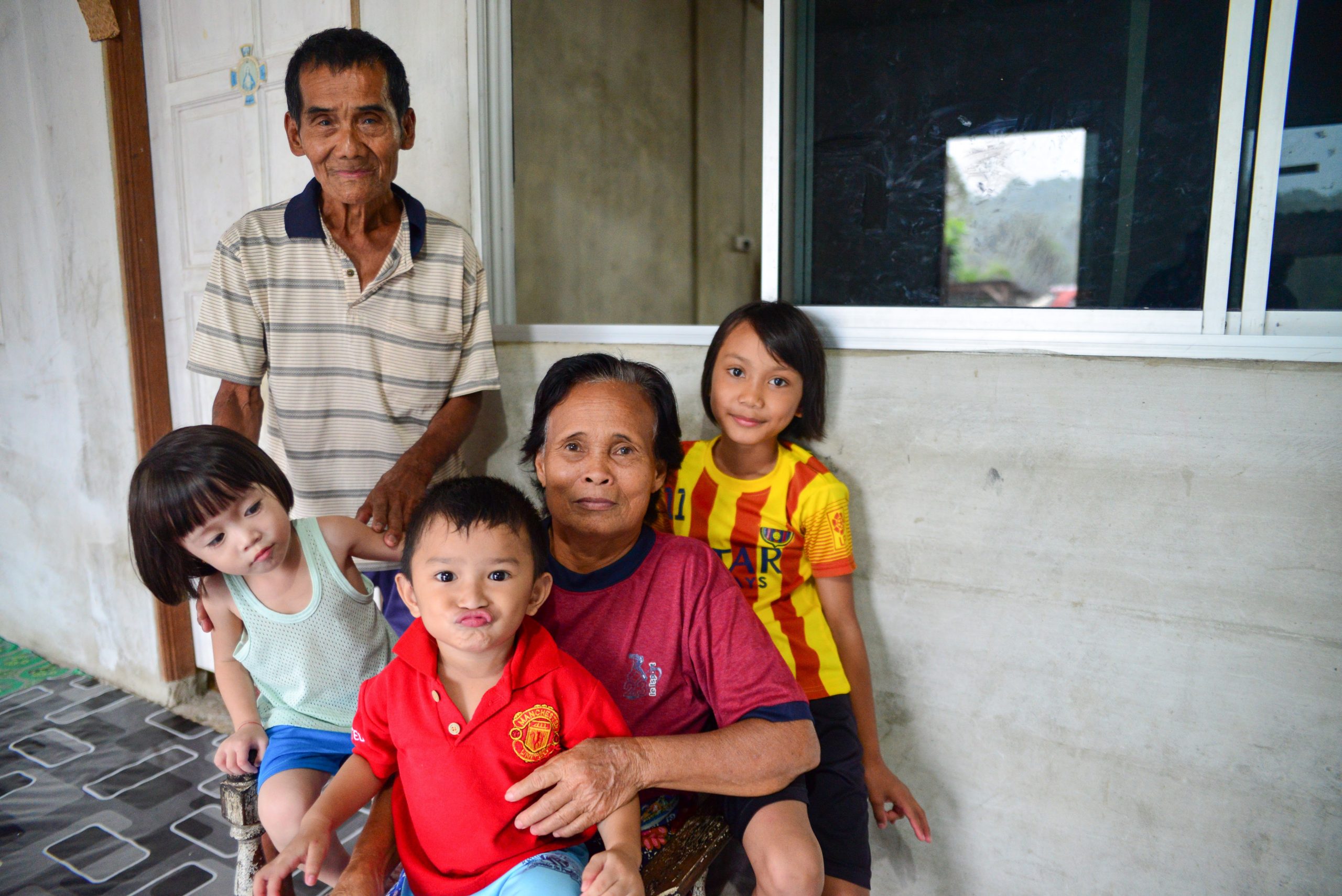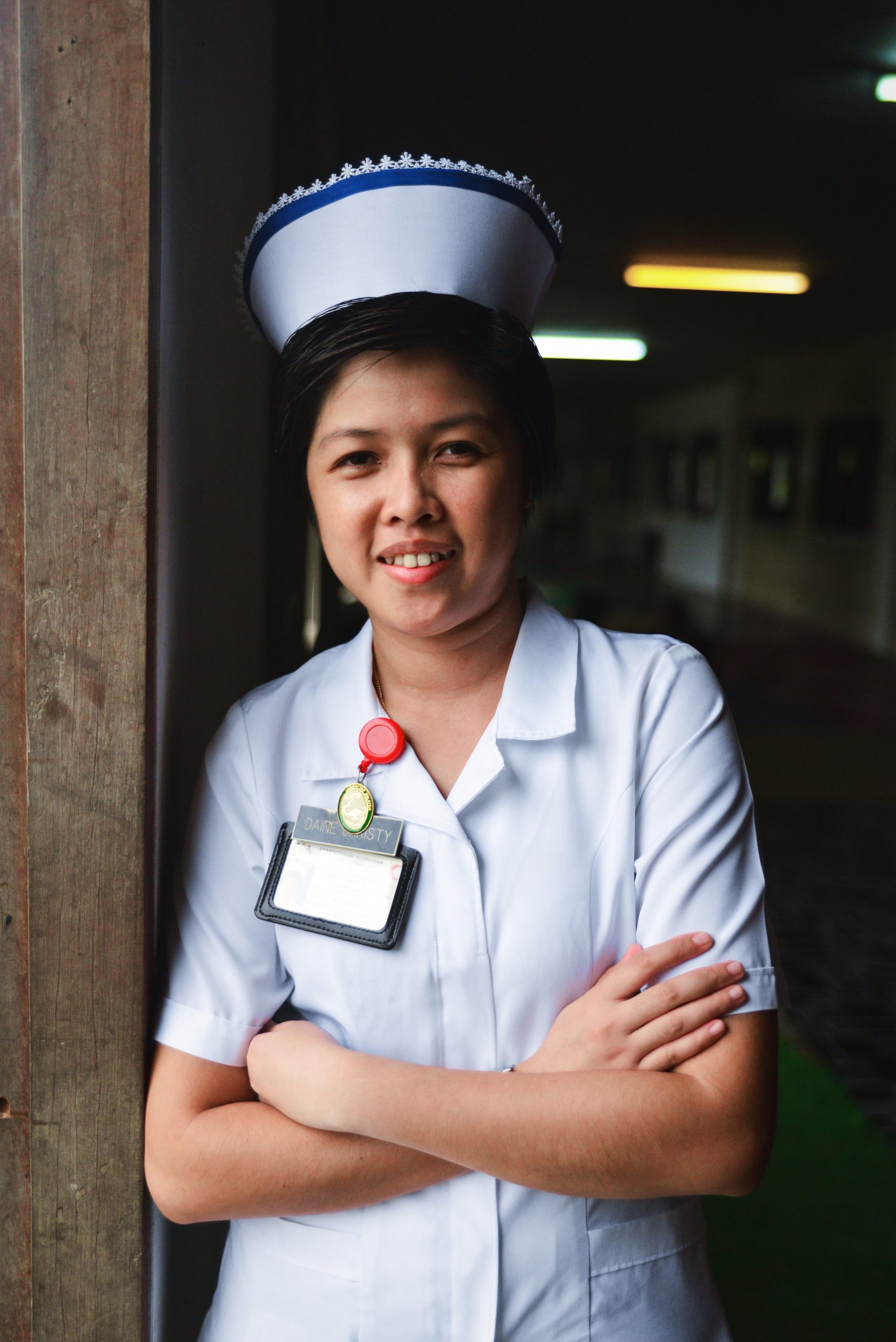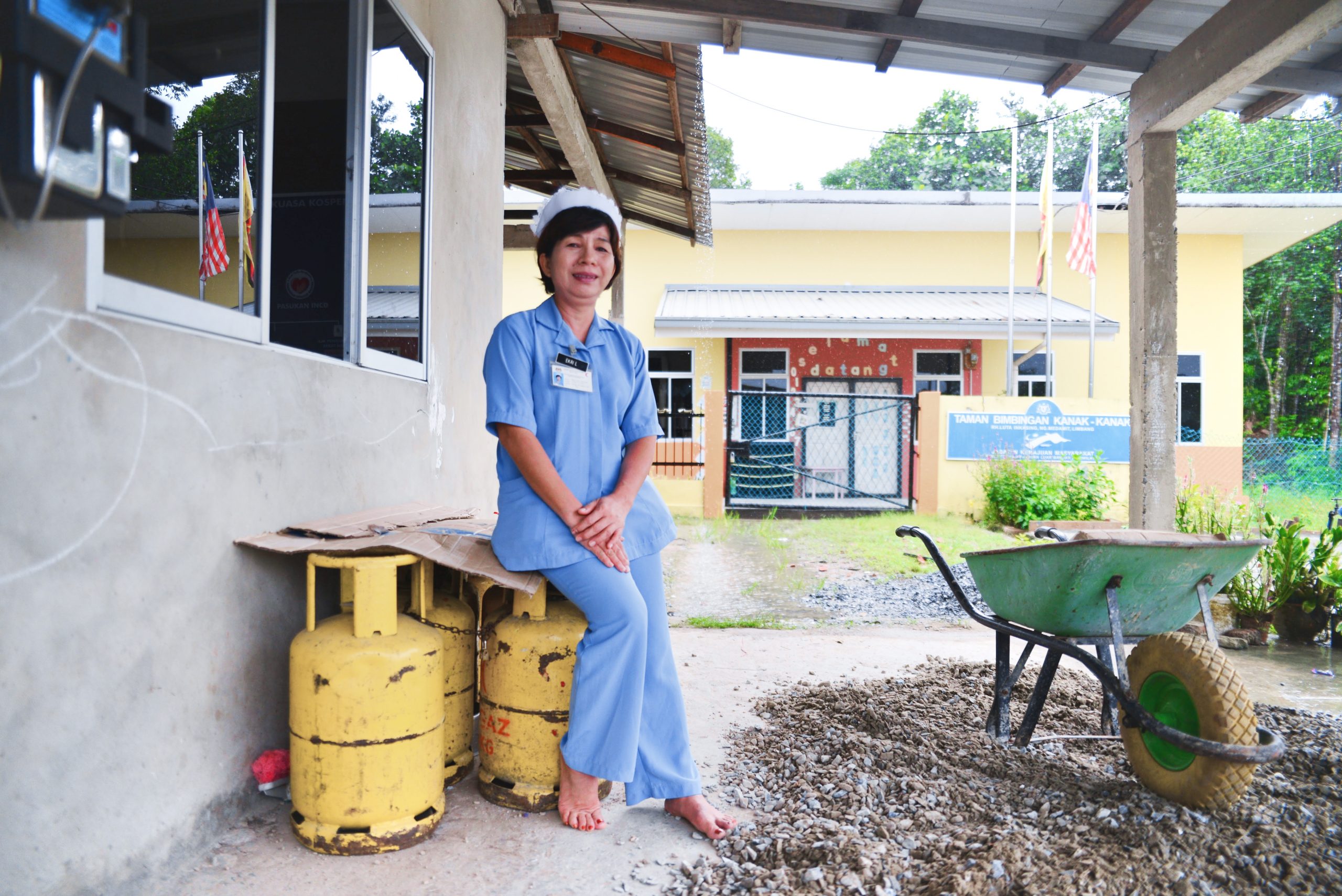“When I see young couples start a family and the man is being responsible for taking care of his wife and kid, it makes me both happy and sad.
I feel sad because my husband is not with me anymore and life is hard. I am unable to get money. It’s been a long time since he passed away. He died of TB.
He loved to smoke despite me telling him to stop. We both had 2 children. And both children have married early! One is my own biological baby and I adopted the other.
I couldn’t get pregnant again after my first child. I didn’t eat any medication or anything. I think it’s in the family genes to not have many children. I want to have more kids, but I can’t”.
“Which is better: to get married early or late?”
“Early! I got married for a year and I got pregnant a year later. I love being married.
If you have not settled down and gotten married, your heart is still free and can travel. Can enjoy. There’s a lot of responsibilities to hold when you get married.
There are some women who have gotten married but can’t have babies. They have tried many things to get pregnant but still no luck. It’s a pity for them”.
_________________________________________________
– Humans of Kuala Lumpur went with the United Nations Population Fund (UNFPA Malaysia) into the jungles of Sarawak, where they were helping out underprivileged Sarawakians and orang asal in their mission to deliver a world where every pregnancy is wanted, every childbirth is safe and every young person’s potential is fulfilled.
For the next week, Humans of KL, as the biggest storytelling platform in Malaysia covering all the states as its capital, will feature the amazing stories and challenges faced by these Malaysians.
